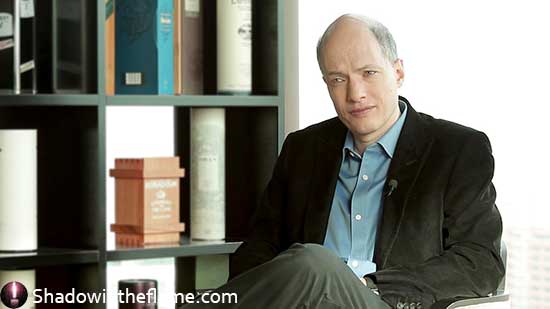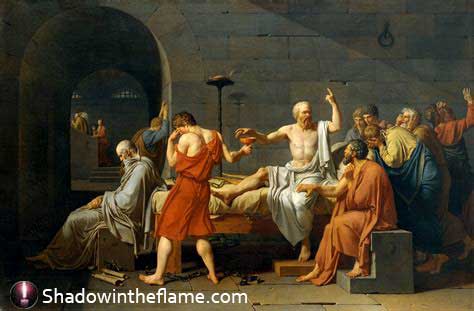
Every society has its “norms” by which I mean the conventions we follow, the beliefs we hold. Many are untouchable, often without question, because by following them life is easier all round, for everybody else and for us.
We entrust our kids to priests, scout masters, family, teachers and so on for their training and enrichment; we deposit our money in banks so they will look after it and us when we need a loan, we live near industrial plants trusting they will not pollute the air we breathe, the rivers we use or the ground we play on. In short we trust the accepted conventions, some call it the “Rule of Common Sense”.
Convention allows us to believe that what everyone (in the group) believes is right, is right for everyone (in the group) to believe. To trust in the accepted conventions makes the world run smother. In his book “The Consolations of Philosophy” Alain De Botton says that to start questioning these conventions would seem bizarre, even aggressive.

What do you stand for?
Socrates said we should question every convention, every “norm”, every accepted “rule of common sense” even if it only confirms that they are still relevant. But more often than not we don’t do it either out of fear of making ourselves unpopular or because we have an instinctive belief it is the norm not to question such things. We say to ourselves “Who are we to question the conventions that society or our group of friends hold to be true?”
Is it arrogance to believe that only you see an issue and everyone else doesn’t? What if they see the same situation and regard it as being normal, innocent, harmless but you still have doubts? Do you, like Archimedes, look for somewhere to stand and defend your position even if it is unpopular or do you go with the flow?

The Death of Socrates by Jacques-Louis David
Socrates could have avoided the death sentence if he had been prepared to retract and refute his convictions but whatever their merits they were the product of years of intelligent skepticism and he would not exchange them to merely be popular.
Do You Feel Uncomfortable Yet?
His life’s goal was to make people feel uncomfortable about accepting the infallibility of accepted popular opinion.
He chose to die to uphold the principle that to seek the truth, to be prepared to ask why something is true and why the alternatives are false was important and in so doing he threw down a challenge to all men and women to have the courage to question.
This blog is dedicated to Socrates and to teaching individuals and communities how to effectively question processes, events and of course, accepted norms and by using philosophical tools such as the Socratic Method, arrive at effective solutions / truths or wisdom even if they contradict the accepted view or perhaps to confirm it.
In part 2 of this article I will look at an example of applying the Socratic Method to addressing the issue of possible environmental pollution and how the community could resolve it.

